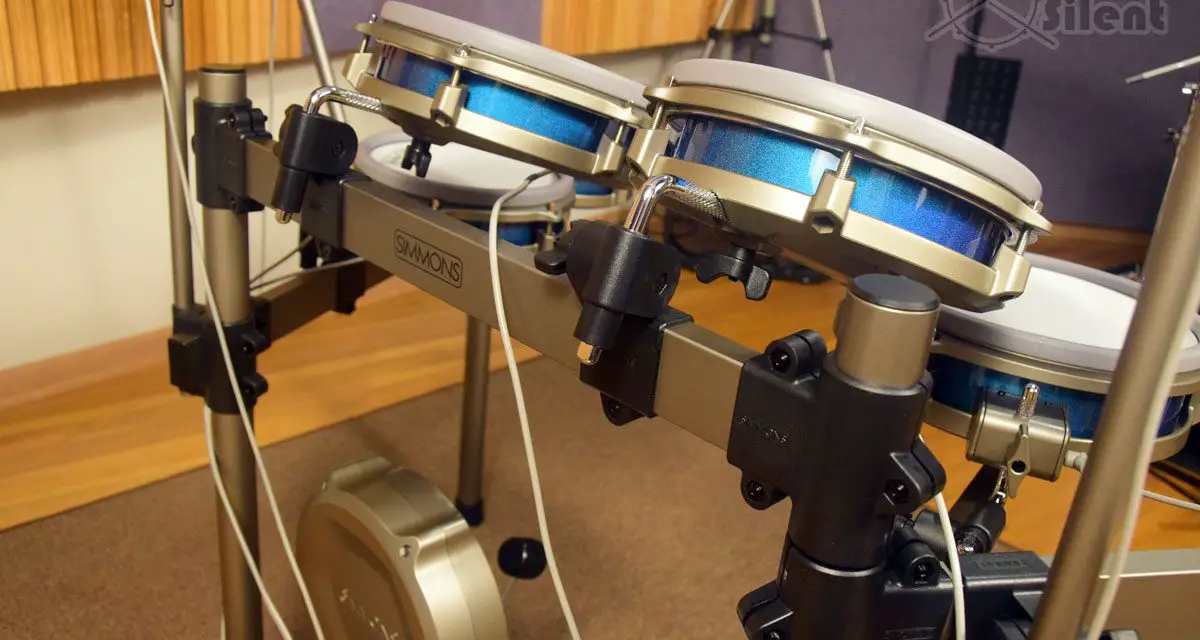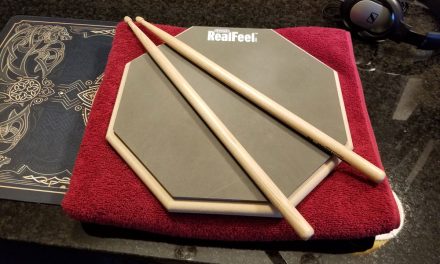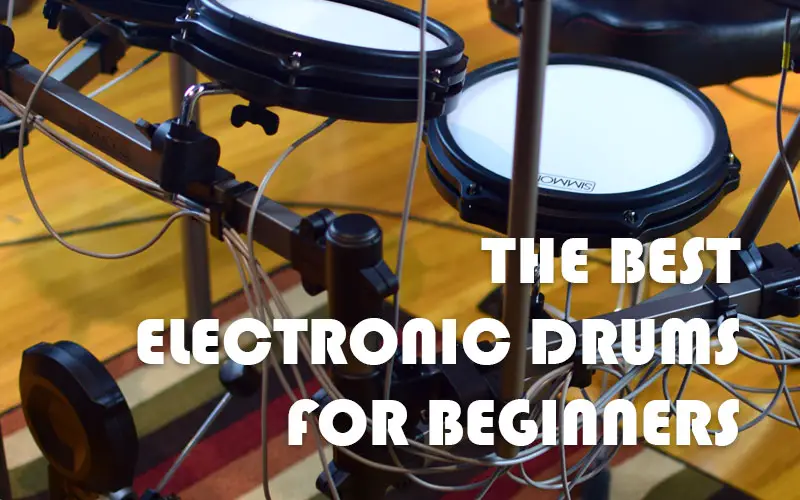Both electronic drums and acoustic drums are capable of sounding great. Let’s take a look at some of the things that might tip the scale in favor of one or the other.
How Electronic Drums or Acoustic Drums Can Sound Better
There isn’t really a single reason that electronic drums or acoustic drums can sound better than the other. It more or less comes down to the quality of the individual drum kits in question.
A well tuned acoustic drum kit with quality cymbals, drum shells and drum heads can sound amazing and be very fun to play. An electronic drum kit with a great sounding module and responsive, dynamic pads can sound amazing and be very fun to play as well.
If you’re comparing a beat up, old acoustic drum kit with broken cymbals and poorly tuned heads to a slick, new electronic drum kit, the electronic drum kit certainly can sound much better. If you’re comparing a cheap electronic drum kit with a lousy sounding module to a well-crafted acoustic drum kit, the acoustic drum kit will certainly sound better.
So it can go either way, really.
The Sound Advantage of Acoustic Drums
Acoustic drums will have the advantage of sounding more natural. There are a lot of nuanced and dynamic ways that you can play the drums that can come through better on a nice set of acoustic drums. Examples of things that can sound better on acoustic drums are ghost notes or really soft notes, rolls, intricate hi-hat work and cymbal swells. Styles of drums that use brushes also just aren’t going to work on an electronic kit, unless it’s specifically designed to work with brushes, which is rare.
The Sound Advantage of Electronic Drums
It can vary depending on the drum module, but most electronic drum kits are going to sound more like studio processed drums and less natural overall. Some drum modules do a nice job of recreating a dry drum kit sound, but it’s not always the case. Usually the sounds have been captured in a studio session and processed in some way, and then there’s the compression, EQ and reverb that is sometimes added on top of it all.
The biggest sound advantage that electronic drum kits have over acoustic is that they’ll sound the same every time you turn them on. You don’t have to worry about the room acoustics. You don’t have to worry about tuning the drums or changing the heads. You’ll get the same sound every time you put the headphones on.
Electronic drums also allow you to change your drum kit sound easily. Most drum modules have several or more drum kits that you can switch between, and many even allow you to edit or change sounds and create your own custom kits. This is harder to do with acoustic drums since you have to actually have extra drums and cymbals to swap into your kit, and that can add up in terms of cost and storage space if you want more variation at hand.
For Low Volume Drumming
In many cases, an electronic drum kit will sound better than an acoustic kit for low volume drumming purposes. Living in an apartment can be a good example of a situation to think about. To bring the volume of an acoustic kit down to acceptable levels in an apartment, you’ll need to make some sacrifices in terms of the typically expected sounds from a drum kit.
You can outfit an acoustic kit with low volume cymbals, low volume drum heads or drum mutes, but you’ll be drastically changing the sound of the kit and it might not be as satisfying to listen to. An electronic drum kit can help overcome those sacrifices in sound by allowing you to hear a more realistic sounding drum kit while keeping the acoustic noise to minimum. So that’s something to think about depending on your situation.






